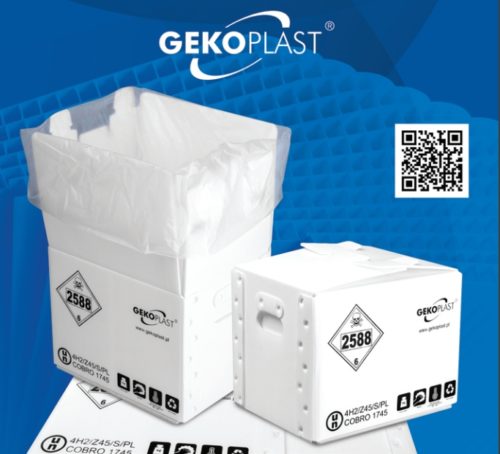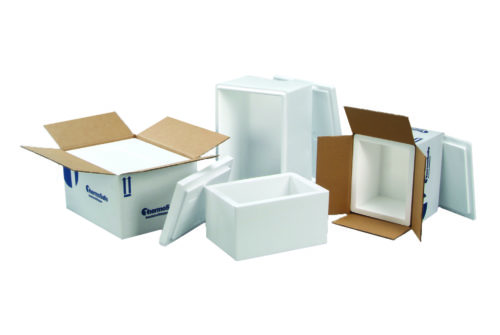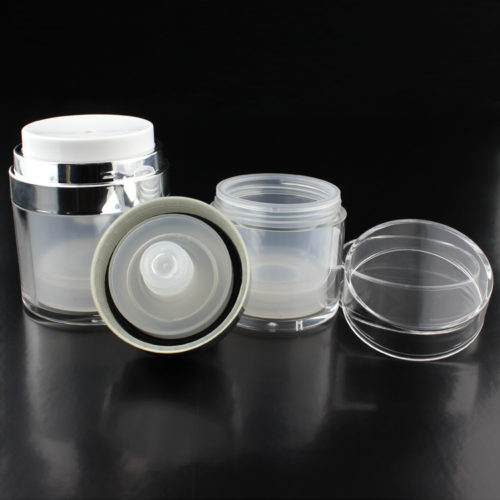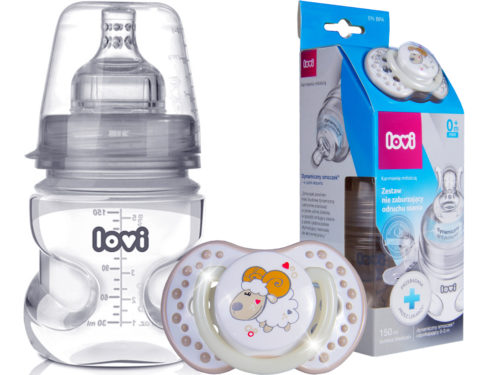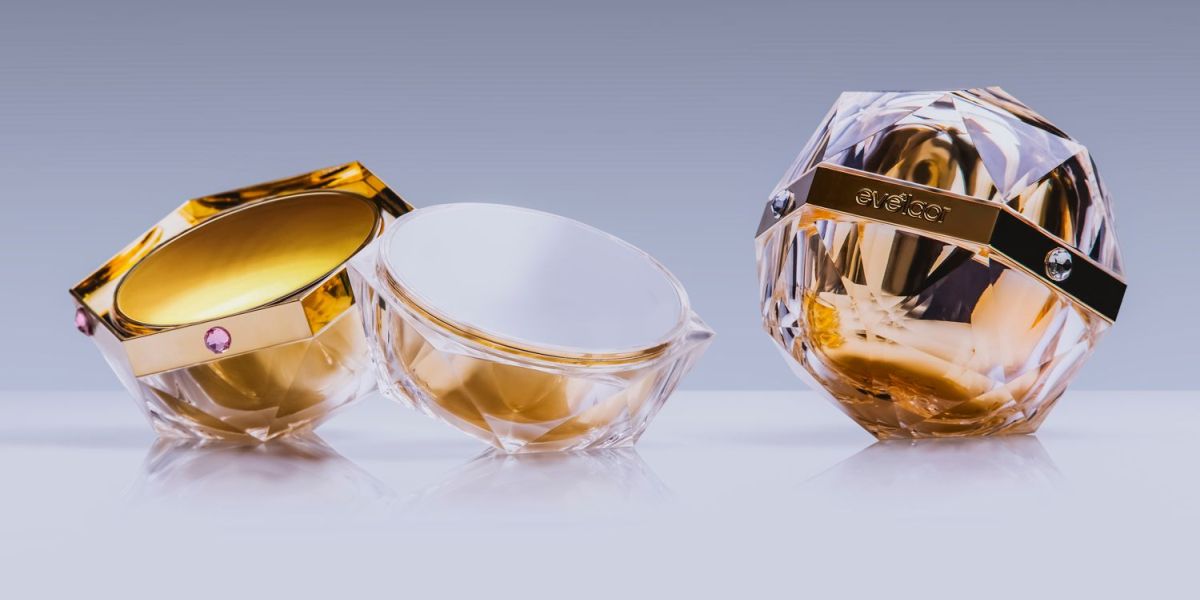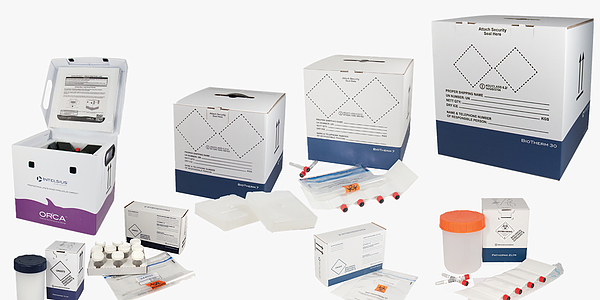
Some substances require a little more attention than others. The reasons are varied. Sometimes a specific temperature must be maintained, on other occasions greater container strength is needed. At other times, the shape must be specially adapted to the form of the material carried inside, while sometimes not only is product safety of concern, but also that of people in its vicinity – as is the case with hazardous agents. These are the jobs that specialised packaging is made for. However, there is no clear definition of this term and increasingly more frequently it is used to encompass all products meeting additional requirements concerning safety, strength or resistance to various external factors.
What industries are specialised packages used in?
Specialised packaging is primarily associated with pharmaceuticals, although this expression is also applied to certain travelling containers or containers intended for transporting hazardous cargo – inflammable or corrosive. Many products also require special packaging due to their unusual shape or size. In such cases, the container must be designed specifically for the given product in order to meet all the requirements for appropriate cargo protection.
Properties of specialised packages
Gekoplast manufactures its specialised packaging for transporting hazardous agents using various types of plastics – polypropylene boxes, polyethylene bags and polyamide clips. Containers prepared in this manner, with materials of the required density, can not only carry hazardous materials, but also form excellent protection against them penetrating outside. This is due to the containers being water-resistant, non-absorbent, resistant to the properties of the hazardous substances, e.g. strong acidic action, they are also physiologically inert, lightweight and strong.
The second group most commonly utilising specialised packaging are various pharmaceuticals and medical shipments transferred between hospitals or laboratories – including organs for transplantations. One of the most important characteristics of containers made for this type of transport is that they are isothermal, i.e. have the ability to maintain their contents at a constant temperature for prolonged periods. The specialised packages most frequently sold in pharmacies are those that maintain the product temperature within one of two ranges. One type requires maintaining 15-25oC within the packaging, the other – 2-8oC.
On the other hand, medical transport requires containers to maintain markedly lower temperatures – from -20oC to almost -80oC, so called deep freeze. Such specialised packages can keep the required temperature even for 240 hours. The temperature outside the packages, which are mostly made of a special variety of expanded polystyrene, is maintained using cooling gels or dry ice.
Specialised packaging in cosmetics and more
The name “specialised packaging” can also be found in industries far removed from pharmacy, medical transport or hazardous substance transport. A good example here is the cosmetics industry, which also strives to meet various requirements for substance storage. An example is all forms of airless containers, protecting the preparations against excessive exposure to oxygen. Cream jars made of materials other than glass are also becoming increasingly popular. They have the advantage of being non-breakable, and therefore offering better protection for the product.
Also the manufacturers of certain baby bottles refer to their products as specialised packaging. These containers are made of plastics, which not only do not break, but also do not react with the bottle’s contents. Furthermore, their designs avoid sharp edges and elements that the baby could swallow. They feature specialist protections against being opened and taken apart, as well as systems maintaining the right temperature of their contents.
As can be seen, the applications of the term specialised packaging are many and it seems that their only common denominator is meeting a greater number of requirements than the standard containers found in the given industry. Expanding one’s standard range with such containers can be a good idea, enabling new, specialist customers to be reached, but also introducing a division, interesting from the marketing perspective, of one’s packages into standard ones and those that meet additional requirements – and are subject to an additional margin, of course.
Powrót do listy artykułów
